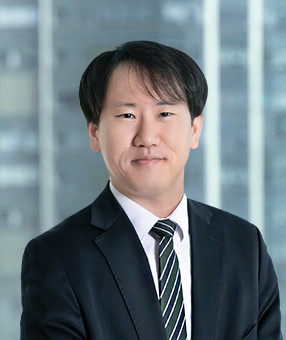On March 11, 2022, the Korean Supreme Court confirmed for the first time that a foreign damages judgment from the US was enforceable in Korea even though the judgment included an award of substantial exemplary damages to the plaintiff. This represents a significant departure from previous practice by Korean courts, since until now Korean courts have tended to reject enforcing foreign judgments that awarded large amounts of punitive damages, on the basis that under Korean civil law, the general purpose of damages is to make an injured party whole as if the injury had never occurred, but not to serve as a punitive measure.
In this case, a U.S. court (Circuit Court of the First Circuit of Hawaii) determined that the plaintiffs suffered an injury as a result of the defendant's tortious interference with a contract, and therefore that the defendant was liable for damages due to unfair methods of competition. Section 480-13 of the Hawaii Revised Statutes states that a party injured through unfair methods of competition may be awarded damages in "a sum not less than $1,000 or threefold damages by the plaintiff sustained, whichever sum is the greater." The plaintiffs were duly awarded treble damages, and subsequently filed a lawsuit in Korea to enforce the judgment. However, the Seoul High Court rejected the plaintiffs' request to enforce the foreign judgment, on the basis that awarding three times the amount of the actual damages was inconsistent with the fundamental principle of Korea's compensatory damages system.
The Supreme Court reversed the Seoul High Court's decision. While recognizing that Korea's damages system is based on the general principle of compensation for actual damages, the Supreme Court noted that certain Korean statutes provide for damages compensation in excess of actual damages in specific areas. Therefore, the Supreme Court reasoned that if a foreign judgment awarding damages in excess of actual damages was based on an act that would have been within the scope of regulation of a Korean statute allowing for exemplary damages, then the foreign judgment may be enforced in a Korean court. In this case, the defendant's acts of unfair competition would have been within the scope of regulation of the Korean Fair Trade Act, which provides for compensation up to three times the amount of actual damages.
Under Article 217-2 of the Civil Procedure Act, Korean courts can partially or entirely withhold recognition of a foreign judgment for damages if it is found to be "contrary to the basic order of Korean laws." However, since the defendant's acts subject to the foreign judgment in this case would have been within the scope of regulation of the Korean Fair Trade Act, the U.S court decision was not "contrary to the basic order of Korean laws" and thus enforceable in a Korean court.
This Supreme Court decision seems to open up enforcement of foreign judgments awarding exemplary damages in other areas of Korean law as well. For example, both the Patent Act and the Trade Secret Act provide for treble damages in the case of intentional or willful infringement or misappropriation, so it is possible that Korean courts may enforce U.S. judgments of willful infringement awarding treble damages in the future.
Related Topics







